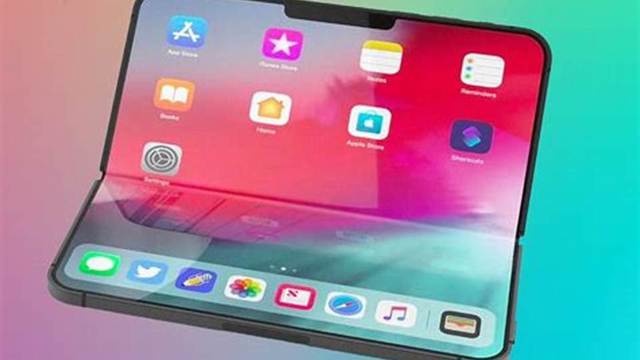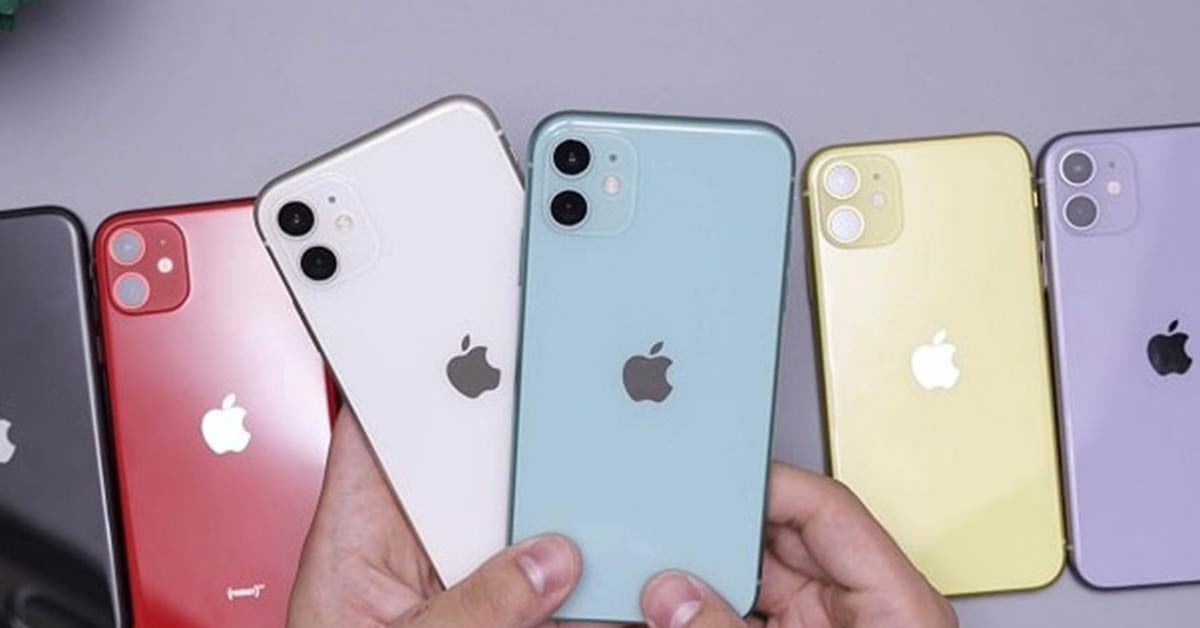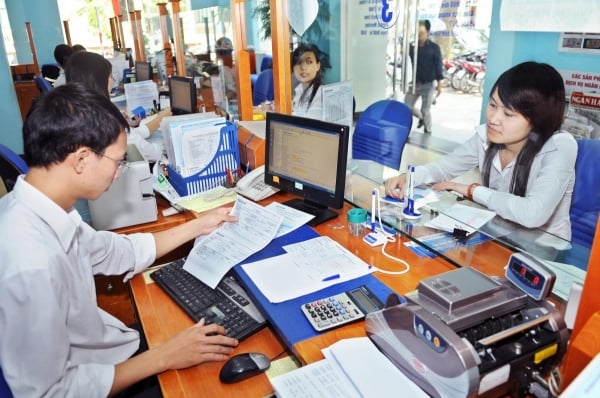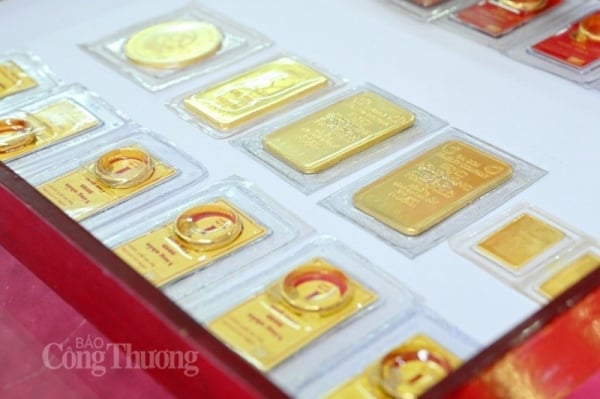Apple shares have plummeted over the past two sessions, following news that China is restricting the use of iPhones in companies and government agencies.
Apple shares closed down 3% on September 7. In total, the stock lost 6.4% in the past two sessions, causing Apple's market capitalization to evaporate nearly $200 billion in just two days. This is the company's worst two-session decline in a month.
Apple shares fell after Bloomberg , citing people familiar with the matter, reported that China was considering expanding its ban on iPhones to government agencies and companies. Earlier, the WSJ reported that some government agencies in China had asked employees not to use iPhones and other foreign-brand phones for work or bring them to work.

Apple currently dominates the high-end smartphone segment in China. Photo: Zuma Press
Apple is already struggling as China is its largest overseas market and manufacturing hub. The world’s second-largest economy is facing a number of challenges amid a property crisis that is threatening demand for everything from consumer goods to consumer electronics.
Apple has other problems, too. U.S. government bond yields have risen as bonds have been sold off on concerns that the Federal Reserve will continue to raise interest rates to fight inflation.
Apple is the largest company in the major US stock indexes, and this has sent US stocks lower overall. Investors have sold everything from chipmakers to tech giants to US-listed Chinese stocks.
"Nasdaq fell because Apple affected large-cap tech stocks. Apple's growth is heavily dependent on China. If Beijing tightens control over the iPhone, it could be a big problem for other tech giants that are also dependent on China," said Edward Moya, a market analyst at OANDA.
Wamsi Mohan, an analyst at Bank of America, said the "timing of the ban is noteworthy" because Huawei Technologies has just launched a high-end 5G smartphone.
Huawei's move shows that Beijing appears to be taking the first step in reducing its use of foreign-designed technology products and promoting technological self-sufficiency. Huawei's Mate 60 Pro uses SMIC's 7nm process chip.
If Beijing expands the ban, other US tech companies could also be affected, given their reliance on sales and manufacturing in China. Shares of Apple suppliers around the world also fell yesterday on this news.
Still, many analysts say the impact of the iPhone ban in China is “overblown,” as it affects just under 500,000 of the 45 million iPhones expected to be sold there over the next 12 months. “Apple still has a huge market share in the Chinese smartphone market,” said Daniel Ives, an analyst at Wedbush Securities.
Ha Thu (according to Bloomberg)
Source link





![[Photo] Closing of the 11th Conference of the 13th Central Committee of the Communist Party of Vietnam](https://vstatic.vietnam.vn/vietnam/resource/IMAGE/2025/4/12/114b57fe6e9b4814a5ddfacf6dfe5b7f)

![[Photo] Overcoming all difficulties, speeding up construction progress of Hoa Binh Hydropower Plant Expansion Project](https://vstatic.vietnam.vn/vietnam/resource/IMAGE/2025/4/12/bff04b551e98484c84d74c8faa3526e0)





























































































Comment (0)